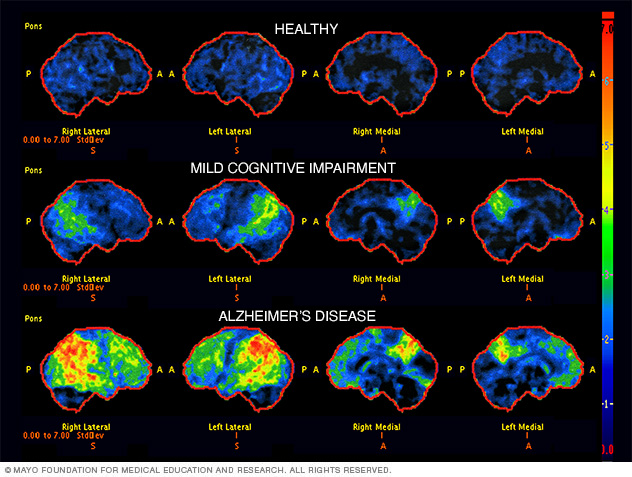
Recent studies are increasingly focusing on blood-based biomarkers that could revolutionize the diagnosis of Alzheimer’s disease, making it more accessible and less invasive. For instance, research highlighted by the Alzheimer’s Society and ongoing trials discuss the potential of drugs like lecanemab and donanemab, which show promise in slowing cognitive decline when administered in the early stages. The ability to identify responsive patient populations मूड (through biomarkers) is crucial for the success of these emerging therapies. Further research emphasizes understanding genetic risk variants and the role of specific genes, which could lead to more targeted and even prophylactic treatments for at-risk individuals in the future.